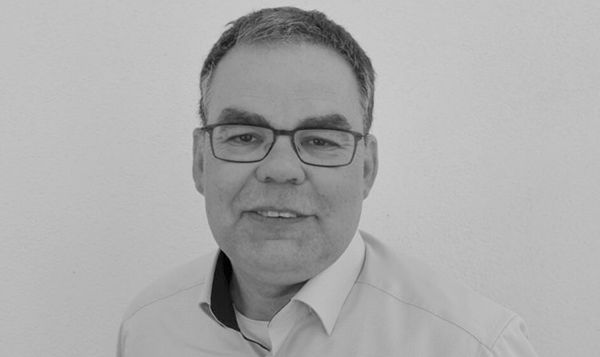Now more than ever we can be in contact with our clients

Responding to COVID-19: Interview Series
MHE aims to provide helpful information to as many people as possible on how communities, including experts by experience, service providers, mental health leaders, governments and policy makers, researchers and others, can support people efficiently through the current crisis and beyond.
In this interview series with MHE members and partners, we discuss the impact of the pandemic on their lives and work and which measures they are taking or can be taken to cope with the situation. These testimonies underline the importance of putting mental health higher on the European agenda, during the crisis and afterwards, while offering a personal side and shared expertise for people within the mental health sector, decision makers, and anyone interested in improving mental health for all.
Interview with Jan Berndsen, President of MHE and CEO of Lister, a community-based mental health care service provider in Utrecht, the Netherlands.
What impact is the current situation having on your organisation?
We had to find solutions quite rapidly. We closed all our activity facilities and day care centres, while reinforcing door-to-door and digital outreach. We also have hostels for drug users, and there the situation is rather tense. On the one hand clients who’d normally go into the city in search for money to purchase drugs cannot rely on this anymore and therefore there is a lot of anger and frustration. On the other hand, drug dealers have now moved closer to the hostels. We had to hire extra surveillance to ensure the safety of all.
Overall, I am worried about how things will develop in the next few weeks: people are more and more worried about getting infected and their daily structure (day facilities and workshops are closed) has been disrupted. Moreover, services such as psychiatric group treatment has stopped, and this can have deleterious consequences on people’s recovery paths.
These changes in service provision and routine disruption are likely to bring about a worsening in the mental health of clients. This will probably only become evident in a few months. We try to adapt our services as much as possible, but the needs of some people might be hard to meet under the current circumstances. There will be a point in which one will wonder what is worse, catching the virus or have mental health rapidly deteriorating.
How are you adjusting your services?
We introduced different new ways of working. For instance, for clients living on their own we started the “coffee to go” programme. As in the Netherlands we are still allowed to go for walks, keeping the right distance, our case workers are reaching out to clients: they go to their homes, ring the bell and say “I’m here, I have coffee, let’s go for a walk!”. In some cases, of course as we are in the Netherlands, they go for a bike ride. This helps with the clients’ and case workers’ fear of contaminating the clients’ home.
We have also set up regular calls via WhatsApp or Skype. We are actually more in contact with clients than ever before, as digital tools make reaching out faster.
For clients living independently but catching the virus and needed physical care, we have ensured some emergency beds in special facilities. We are considering re-starting psychiatric group treatments, but with smaller groups, so that the safety distances can be respected.
How are you arranging things in order to safeguard your employees’ physical and mental health?
At the moment we’re working on “Sunday service” levels. Half of the staff is currently at home. This is done to lower the risk of infection but also so that, should some become ill, there will be replacements available. All staff is of course still paid. We also give live updates to staff every day, to assure them about the wellbeing of colleagues and clients and tell them about service adjustments.
What is helping your organisation?
It is important to remain objective and to be clear in our message that this is not the end of the world, we will make it out of this, and we might even learn something that will help us improve our services even more. For instance, we’re already noticing a “positive” effect of this situation: case workers that were initially reluctant to change traditional service delivery are now more open, and even keen, in trying digital alternatives. Where before it would have taken a long time to implement new service provision styles, now it has already become a habit. Without forgetting the importance of face-to-face contact with our clients, our services will become even more flexible and adaptable to clients’ needs.
What would further help your organisation?
On a practical level, it would be good if governments thought about providing personal protection gear, such as masks, gloves, etc, and of tests for care professionals working outside of hospitals. This would help both with maintaining a healthy workforce and ensuring services, and giving a sense of safety to employees and clients.
What message of hope could you send to other professionals that might be facing problems similar to those of your organisation?
Of course, we all need to make quite some efforts at the moment, but together we are managing, and we will survive!
Stay connected
Get our latest news, personal stories, research articles, and job opportunities.